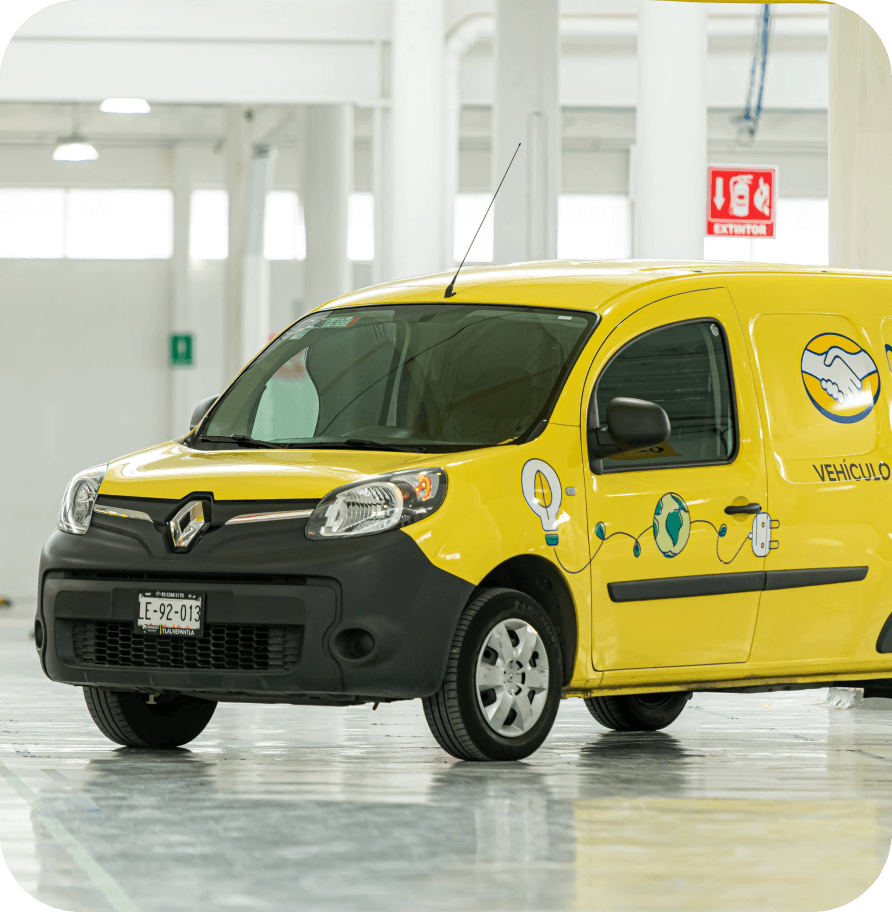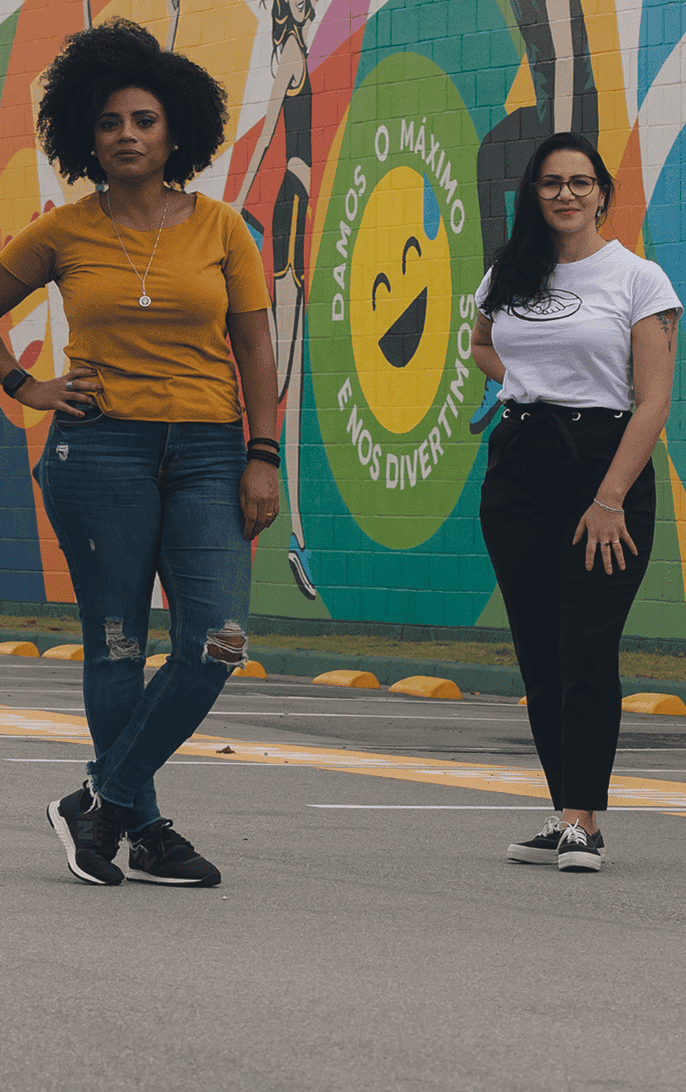Initiative
Sustainable purchasing

About the initiative
Training and Recognition
Selection criteria
- Products or services offering solutions or better conditions as to social environment, housing, health care, education, mobility, and transport to highly vulnerable populations.
- Job creation in locations with low employment levels.
- Hiring people or suppliers that promote inclusion.
- Social and cultural capital generation at a local level, connecting the job market and the production sector with cultural heritage and local knowledge.
- Offering services, technology, or products that promote the restoration or regeneration of ecosystems or the circular economy.
- Setting goals and implementing actions to reduce their environmental impact.
- Selling or using biodynamic or ecological products as raw material.
- Execution of contracts requiring suppliers to meet environmental criteria.
- Organic certification labels;
- FSC certification;
- Fairtrade certification;
- ISO 14001;
- OHSAS 18001;
- B Corporation;
- LEED;
- Rainforest Alliance;
- Origens do Brasil.
Benefits

We provide benefits to companies that deliver products or services with a positive impact.
Learn more about our initiatives

MELI Code+
The Code of Ethics for Suppliers and Business Partners represents our commitment to sustainability, ethics, and social responsibility throughout every step of our value chain.

Third-Party Risk Management Program
Before entering into a business relationship, suppliers undergo a due diligence process where they are assessed on factors like information security, data privacy, and corruption, among others.

Whistleblower channel
We provide a channel through which employees, suppliers and outsourced professionals can anonymously report violations of the MELI Code.
